Discover the versatile uses and health benefits of coconut oil for beauty and wellness. Explore how it can enhance your daily routine—read more now!
The Ultimate Guide to Argan Oil: Skin and Hair Benefits and Uses
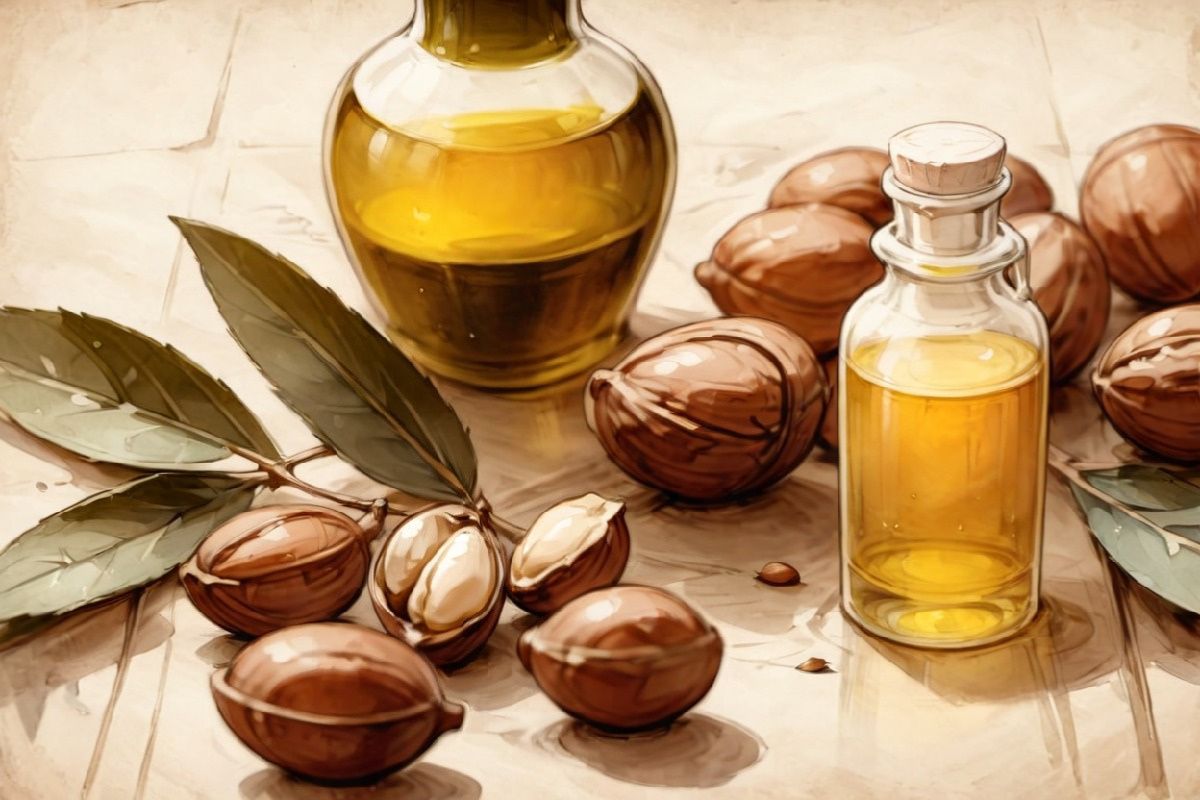
Interested in argan oil? This oil from the Moroccan trees benefits skin, hair and cooking. Here’s how to use it and why it’s essential in beauty routines.
Quick Facts
-
Argan oil: the Moroccan magic potion that hydrates skin, tames frizz and might even help you cook a salad—just don’t drink the wrong bottle!
-
Packed with vitamin E and free radicals’ worst enemy, argan oil fights fine lines and keeps you looking younger than your last birthday cake.
-
Not all argan oil is created equal—if it’s cheaper than your lunch, it might just be liquid sadness. Look for the pure stuff in dark bottles to get the full benefits!
What is Argan Oil?

Argan oil is extracted from the kernels of the Moroccan argan tree, Argania Spinosa. This beautiful tree, native to Morocco, produces small, round fruits containing the precious nuts from which the oil is extracted. Often called “nature’s liquid gold” for its golden color and many benefits, argan oil has been used for centuries in Moroccan culture. The conservation of argan trees is crucial for the local environment.
So why the fuss? Argan oil contains fatty acids and antioxidants, so it’s suitable for cosmetic and therapeutic use.
Whether on your skin, hair or diet, argan oil is a multi-tasker.
Key Components of Argan Oil
What makes argan oil a beauty potion? Its high vitamin E, the antioxidant that’s good for healthy skin and hair. This vitamin protects skin cells from damage and overall skin health.
Argan oil also contains high levels of oleic and linoleic acids, which are good for skin hydration and barrier health. With approximately 29-36% linoleic acid, argan oil is a rich nutrient source.
It also contains unsaturated and saturated fatty acids, polyphenols, squalene, and triterpene alcohols, all of which are good for the skin.
Benefits of Argan Oil for Skin
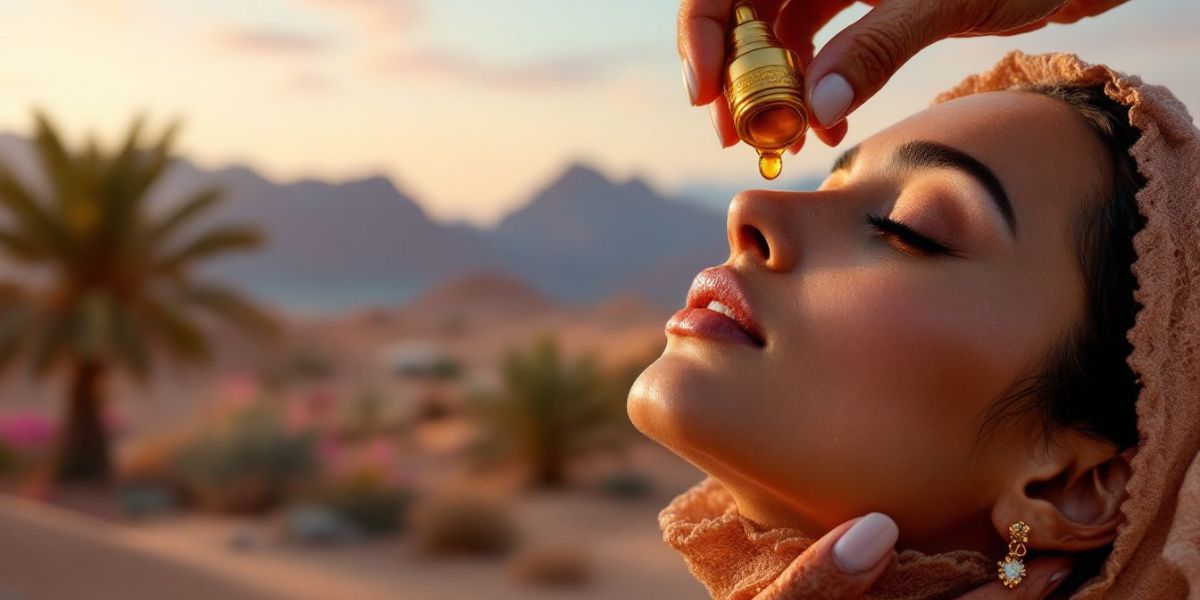
When it comes to skin care, argan oil is a superhero. Its high vitamin E content makes this oil great for hydration, enhancing skin’s moisture retention and restoring its natural barrier. The result is smoother, softer skin that can better fight environmental damage.
Argan oil helps boost elasticity, hydrate skin, and reduce inflammation. It also heals and soothes various skin conditions. Its anti-inflammatory properties relieve symptoms of atopic dermatitis, psoriasis, and rosacea. Regular use can improve skin elasticity and reduce stretch marks, which is why it’s a favourite.
Its antibacterial and fungicidal properties prevent and manage skin infections. Antioxidants help in wound healing and sebum regulation, which is good for acne-prone skin. No wonder this natural oil is a staple in many beauty routines.
Argan Oil for Acne Prone Skin
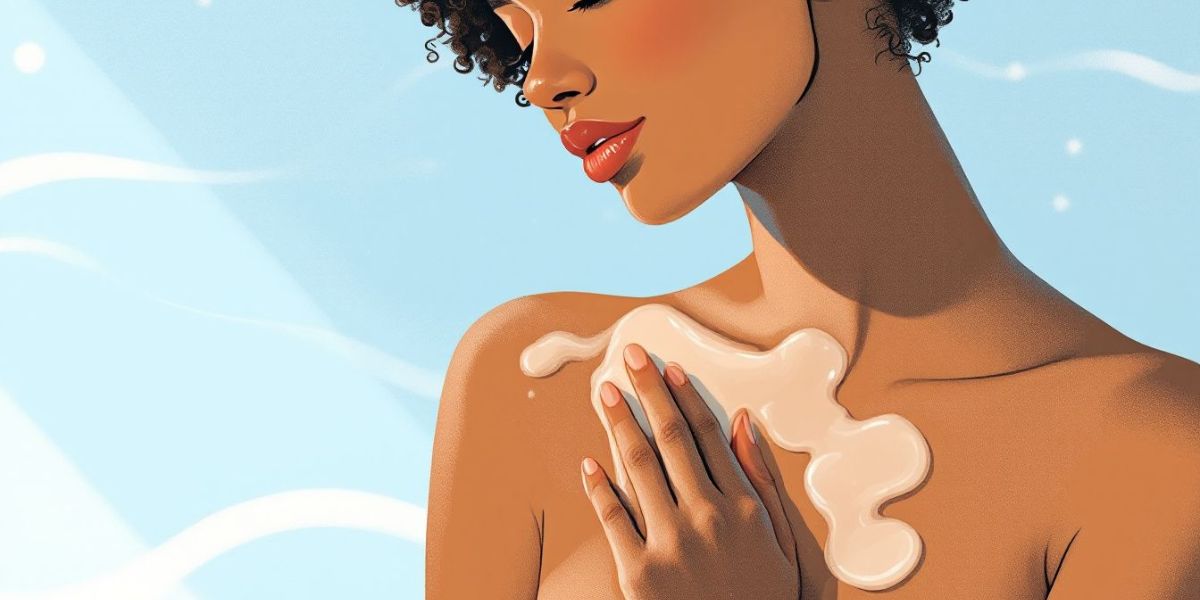
Got acne? Argan oil might be your new BFF. It calms and reduces inflammation associated with acne breakouts. Unlike many other oils, it doesn’t clog pores, so it’s safe for facial use. It regulates sebum production, which helps manage oily skin and reduce overall oiliness.
Argan oil’s lightweight and non-greasy texture allows it to penetrate deep and promote natural skin regeneration without leaving an oily residue. This reduces acne scars and improves skin elasticity and hydration so your skin looks and feels healthier. Argan oil is good for your skin.
Argan Oil Anti-Aging
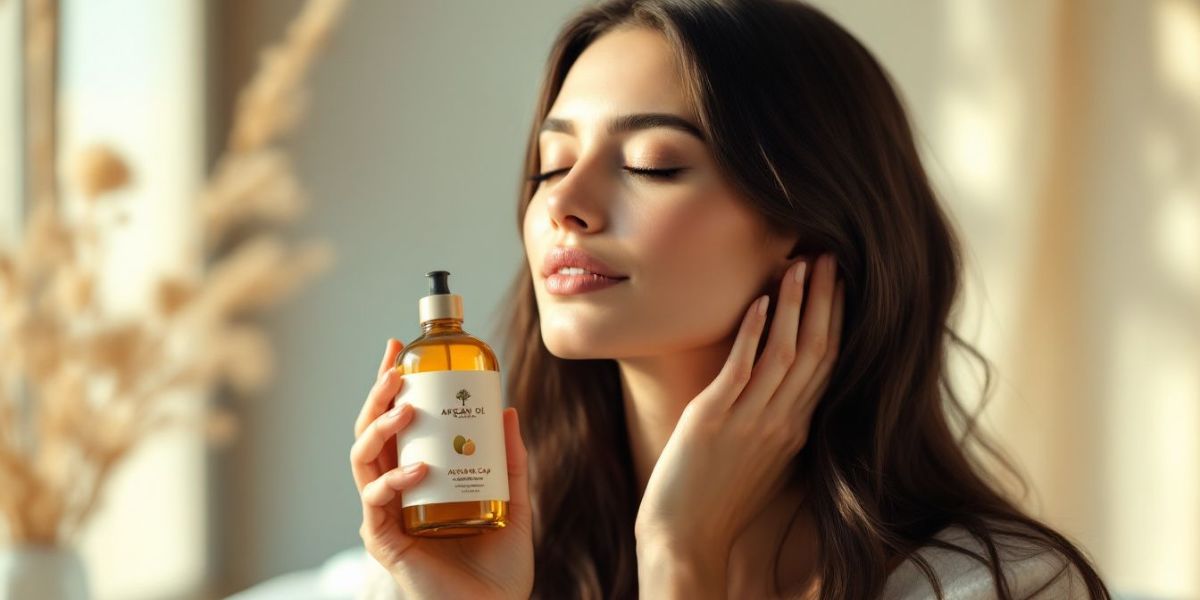
Want to look youthful and radiant? Argan oil improves skin elasticity and reduces stretch marks. Research shows argan oil improves postmenopausal skin elasticity, which is the key to its anti-aging benefits. This prevents and minimizes stretch marks so your skin stays firm and smooth.
Its high vitamin E content reduces fine lines and protects skin from free radical damage. Argan oil keeps you glowing and hydrated by retaining skin moisture.
How to Apply Argan Oil on Your Face
Want to add argan oil to your beauty routine? Start with a clean face, then pat dry. Apply 2-3 drops of pure argan oil and massage gently in a circular motion. Let it absorb for 5 minutes before continuing with your skincare routine.
Mix a few drops with your day or night cream for an extra boost of moisture and antioxidant protection. Apply argan oil at night to boost skin repair and hydration while you sleep.
You’ll be hearing from your skin soon.
Argan Oil Benefits for Hair
.jpg)
For hair care lovers, argan oil is for you! It provides intense hydration and nourishment to hair follicles and dry and damaged hair.
Do you have frizzy hair? Argan oil can help. Apply it to damp, just-washed hair to minimise frizz, add moisture, and make your hair more manageable. A few drops on the ends of your hair can smooth split ends and add shine.
Argan oil is also good for your hair and scalp. Its antifungal, antibacterial, and anti-inflammatory properties soothe a flaky scalp and promote overall hair health. Whether you have thick, curly, or afro-textured hair, argan oil works wonders.
Argan Oil Deep Conditioning Treatment
When your hair needs extra love, a deep conditioning treatment with argan oil is the way to go. Apply a generous amount of argan oil to your hair, comb it through and leave it on for 30 minutes to an hour before shampooing it out. Start with a small amount and adjust to avoid greasiness.
For extra moisture, try saturating your hair with argan oil and leaving it on overnight. Consistency is key, so you’ll see the best results over time, and your hair will be soft, smooth, and deeply nourished.
Can Argan Oil Grow Hair?
Can argan oil grow hair? While there’s no scientific evidence that it can stimulate hair growth, its rich fatty acids and vitamin E content keep hair hydrated and protect it from free radical damage. This is good for hair growth.
Argan oil’s anti-inflammatory properties can help scalp conditions that can cause hair loss. By protecting hair from heat tools and chemical treatments, argan oil keeps it healthy and vital, indirectly promoting hair growth.
Choosing Pure Argan Oil
Not all argan oils are created equal. Look for 100% pure products with no additives or preservatives to ensure you get the real deal. Authentic argan oil is usually more expensive because of the labour-intensive process, so be cautious of very low prices.
Choose cold-pressed or expeller-pressed argan oil to reap its benefits. Real argan oil should be golden yellow with a mild nutty scent, sold in dark glass bottles to protect it from light.
Argan Oil Soap
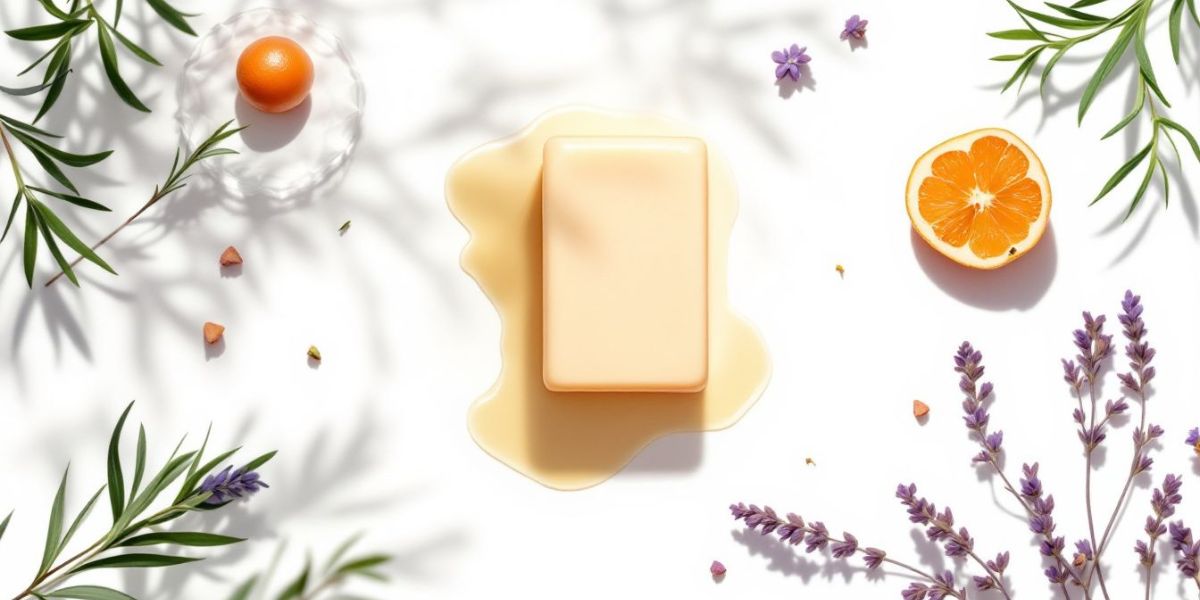
Argan oil soap is a luxury addition to your skincare routine. It offers the same benefits as pure argan oil in a convenient and easy-to-use form. Made from the cold-pressed oil of the Moroccan argan tree, this soap is rich in essential fatty acids, vitamin E, and antioxidants. These components work together to cleanse, moisturise, and nourish your skin, leaving it soft, smooth, and glowing.
The high concentration of oleic and linoleic acids in argan oil soap helps to balance skin’s moisture, making it perfect for dry skin or conditions like eczema and psoriasis. Its anti-inflammatory properties soothe irritated skin, while its antibacterial properties fight acne and other skin infections.
Argan oil soap is gentle enough for daily use and suitable for all skin types, including sensitive and oily skin. It doesn’t strip the skin of its natural oils, has no oily sheen and has no greasy residue. So, it’s perfect for those looking for a natural and effective cleansing solution that supports skin health.
Aside from its skincare benefits, argan oil soap is an eco-friendly option. Many brands prioritise sustainable sourcing and production processes to protect the argan trees and the communities that depend on them. By choosing argan oil soap, you’re not only pampering your skin but also supporting environmental conservation and the local economy in Morocco.
Whether you want to address specific skin concerns or indulge in a luxurious cleansing experience, argan oil soap is a versatile and excellent choice. Add it to your daily routine and enjoy all the benefits of argan oil in a refreshing and aromatic lather.
Argan Oil in Culinary Uses

Argan oil isn’t just for beauty routines; it’s also a culinary treat. Traditionally consumed in Morocco, culinary argan oil has nutritional benefits and a nutty flavour that goes well with salad dressings and pasta.
Rich in oleic acid and vitamin E, culinary argan oil is good for heart health and overall wellness. To enjoy its full flavour and health benefits, ensure the oil you’re using is food-grade and not mixed with cosmetic ingredients.
Side Effects and Precautions
While considered safe, be aware of the side effects of argan oil. Individuals with nut allergies should avoid using argan oil as it can cause allergic reactions like contact dermatitis, resulting in rash and itchiness. Do a patch test before using it extensively to check for adverse reactions.
In rare cases, anaphylaxis has been reported. Follow the manufacturer’s instructions and consult a doctor if you experience severe side effects or plan to use argan oil as a dietary supplement, especially if you’re on blood thinners.
How to Store Argan Oil Properly
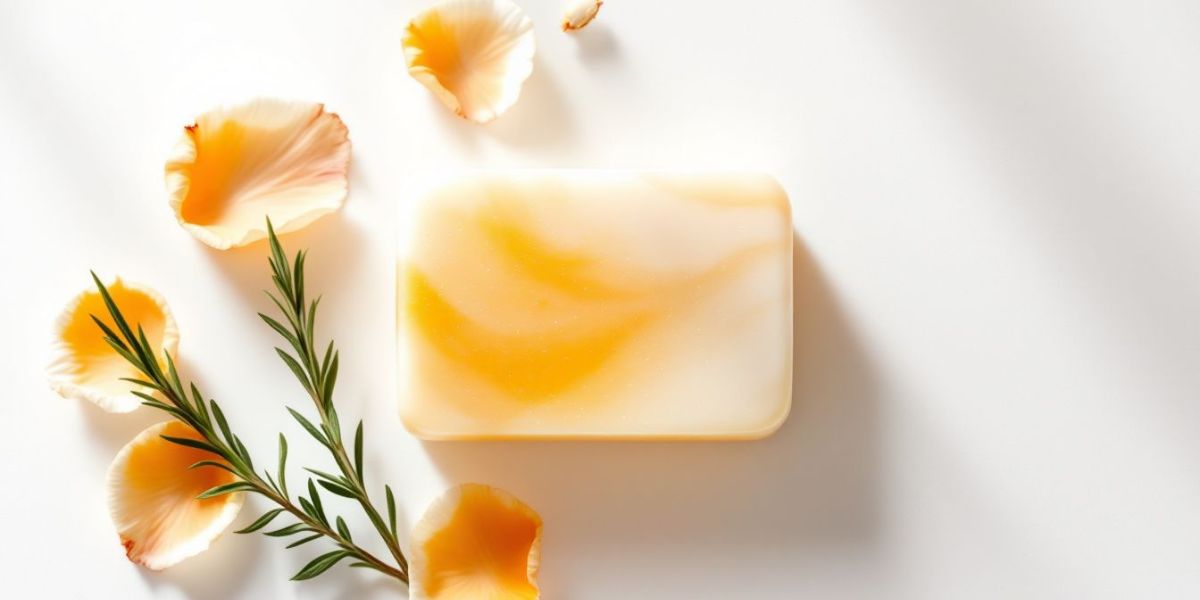
Proper storage is important to maintain its quality and benefits. To preserve its properties, store argan oil in a cool, dark place away from direct light and heat. Seal the container after use to prevent air and moisture from getting in, which can cause spoilage.
Check for signs of rancidity, like an off smell, and discard it after one year or as directed on the packaging. Proper storage will keep your “liquid gold” potent and effective for all your beauty and culinary uses.
Conclusion
In short, argan oil is a natural oil that’s versatile and powerful for skin and hair. This “liquid gold” will change your beauty routine and overall wellness from its vitamin E to its hydrating and anti-inflammatory properties. Whether using it to address dry skin or acne or nourish your hair, argan oil is a must-have in your daily routine.
We hope you enjoyed this guide and that you will try out the many uses of argan oil. Use this golden elixir and enjoy its full benefits for a healthier and glowing you. Remember, the key to getting all the benefits of argan oil is consistent use and high-quality, pure products. Happy oiling!
FAQs
Can I use argan oil on oily skin?
Yes, argan oil is like the bouncer at the sebum club, keeping those oil levels in check! So yes, you can use it without turning into a greaseball.
Is argan oil good for hair growth?
Argan oil won’t turn your hair into a luscious mane overnight, but it’ll pamper those strands so they stay hydrated and damage-free—like a spa day for your hair! So, if you want healthy hair, try it out—just don’t expect it to grow hair like a chia pet!
How do I store argan oil?
Keep your argan oil happy and fresh by storing it in a cool, dark place—like a secret hideout for liquids. Remember, it hates sunlight and heat, so seal it tight like a superhero in disguise!
Can I use argan oil if I have nut allergies?
If you have a nut allergy, it’s probably best to pass on argan oil—no need to turn your salad dressing into a trip to the ER! Stick to safe oils and let the argan do its thing without you.
What are the benefits of argan oil for the skin?
Using argan oil on your skin is like a spa day for it—it hydrates, improves elasticity, calms redness, and keeps your oil levels in check. So go ahead, let your skin drink up that liquid gold!
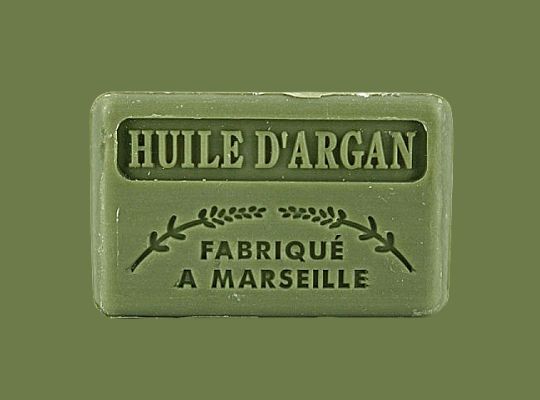

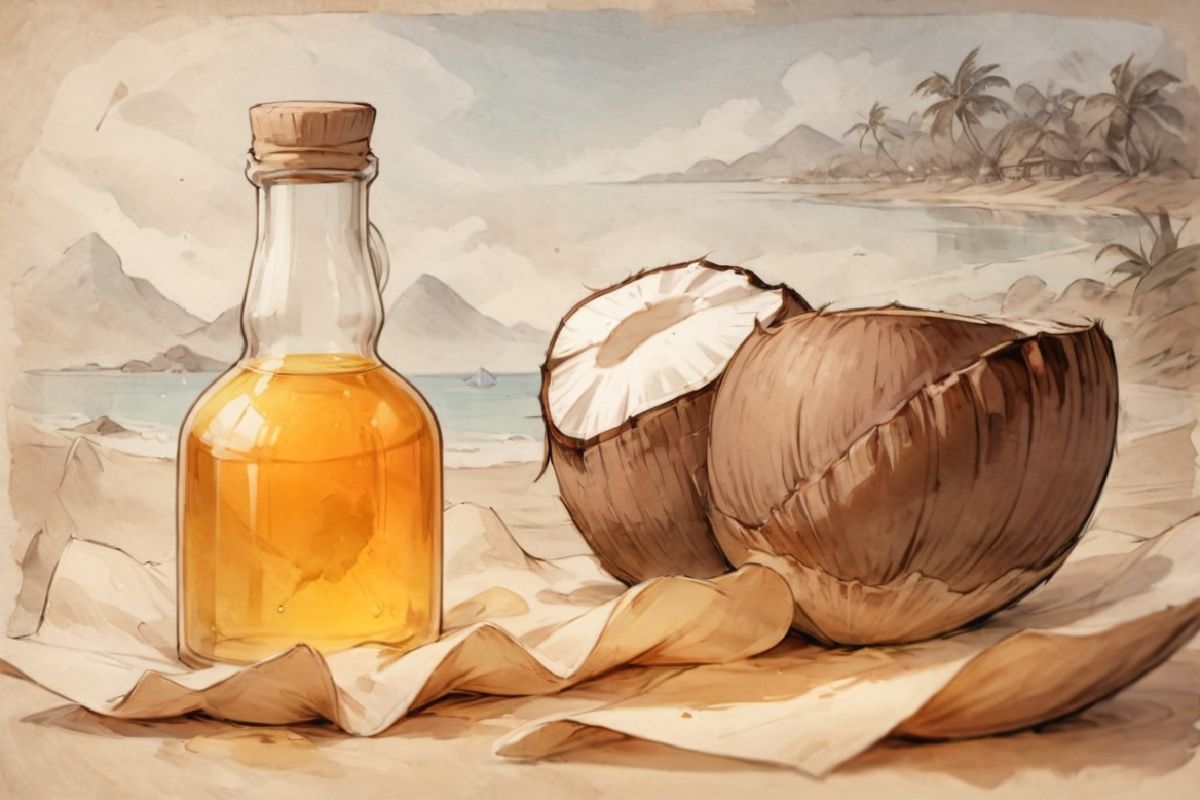
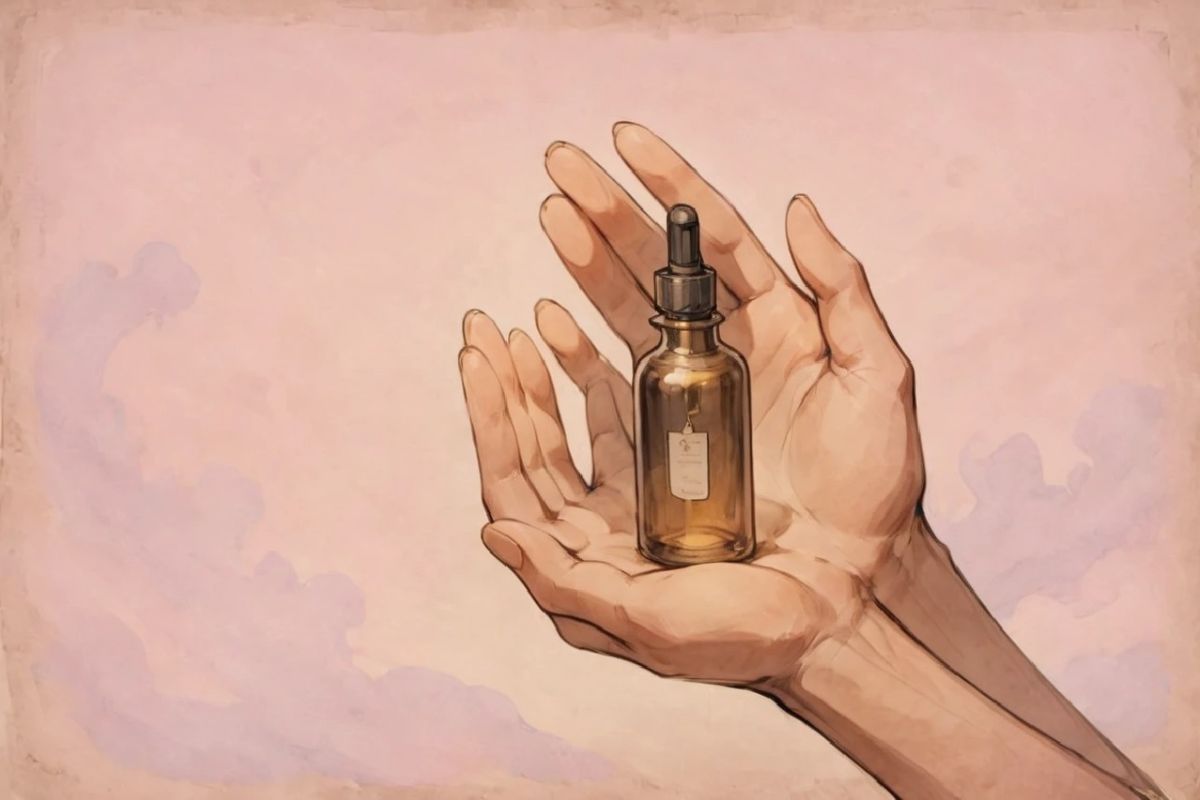
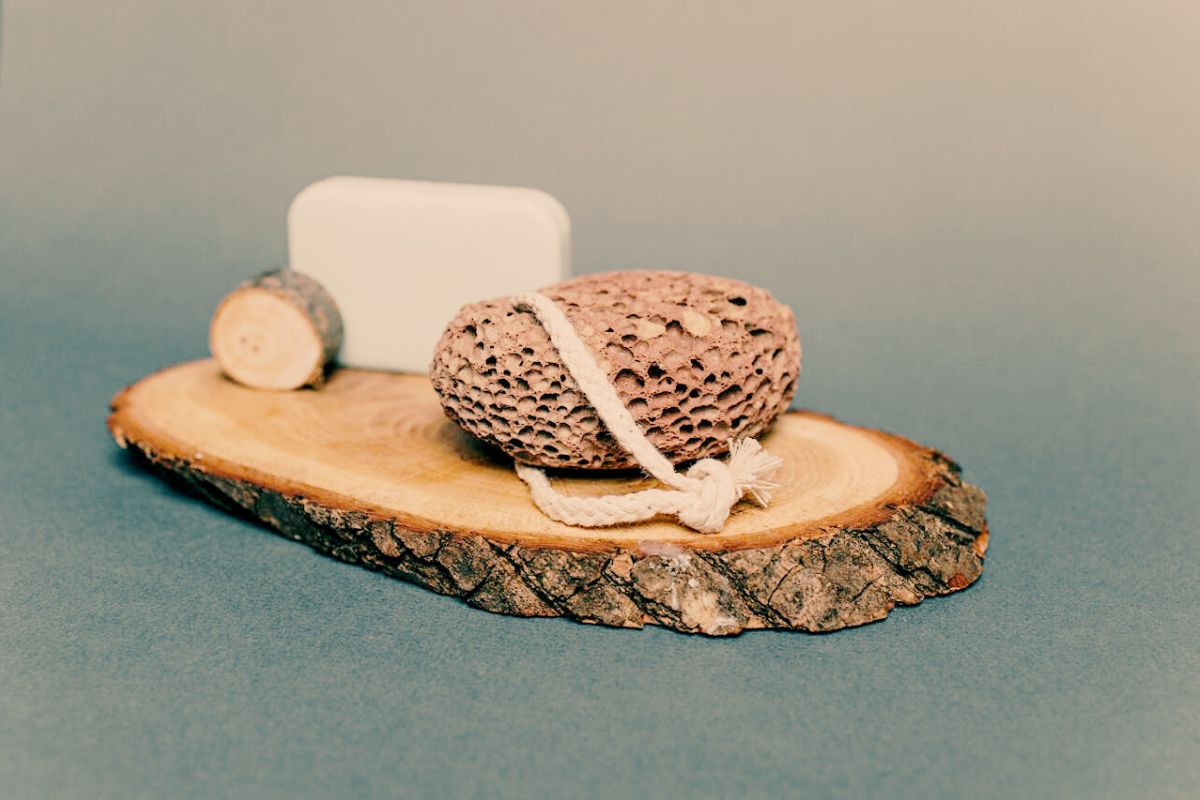



Heya i'm for the first time here. I came across this post and I find It truly useful & it helped me out a lot.